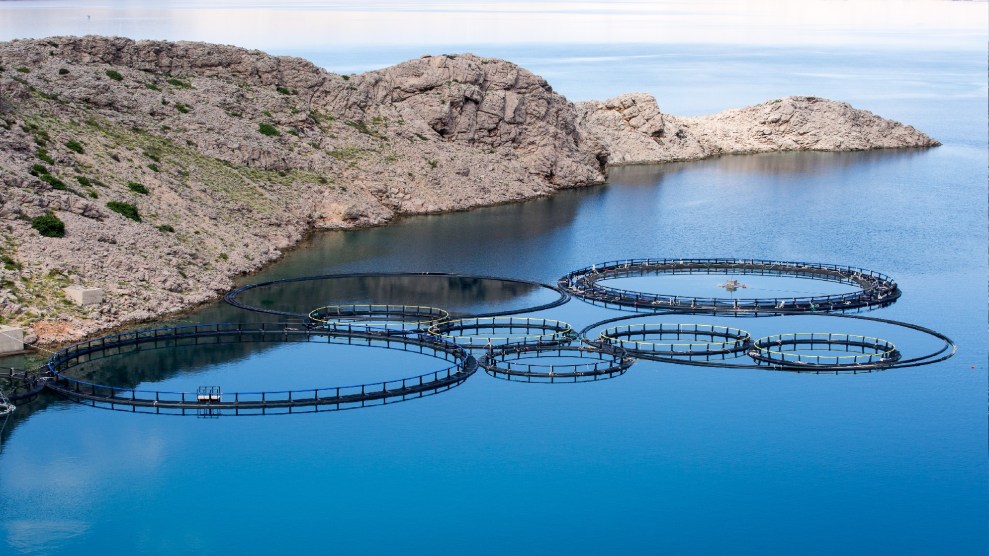A couple accounts have come out that illustrate how Joe Biden works and thinks. I think they provide a pretty interesting look into the mind of the man who may become vice president. Here’s one from a former U.S. ambassador to Romania:
In the aftermath of NATO’s success in stopping ethnic cleaning in Kosovo, Cabinet members and Members of Congress stopped in Bucharest to thank the Romanians for their support of NATO and get a feel for where the Balkan region was going in its aftermath.
Unlike some of the other visitors whose approach was helpful but remarkably relaxed, Biden was a whirlwind of inquiry, analysis and commentary from the time he landed at Otopeni airport.
On the 20-minute drive into the city, he quizzed me on Romanian attitudes, the status of various government leaders and the inside story on Romania’s foreign policy toward Slobodan Milosevic, who was still in power next door in Yugoslavia. Because Biden has known all the major Romanian leaders since the dictator Nicolae Ceausescu, the questions were Ph.D. level, not Romania 101. That was remarkable in itself since he is no specialist on Romania; he could do the same, landing in dozens of nations around the world.
There’s a lot more there; check it out. And here’s a very long interview Biden did with Josh Marshall in 2004 — the section below pertains to a visit Biden had with Muammar Qaddafi after Libya gave up its WMD programs. Biden emerges as a fascinating character — tough, vulgar, down-to-earth, and an expert practitioner of hard-nosed diplomacy.
BIDEN: And as for Qaddafi making the deal? That deal was made two months before we went into Iraq and Qaddafi was very straightforward with me. I mean this was one hard-assed son of a bitch. This guy looked like he had — as big as cue balls, this guy was serious. I looked at him like, whoa, this guy’s like shoe leather… I always put things in the context of me looking at the other guy in the field. Do I know that he knows that I know that I can beat him? Or does he know that I know that he can beat me? Well, look at Qaddafi, it’s like — yo, Richie, this guy, I wouldn’t screw with this guy… he says, “You have a question” — I’m paraphrasing — “do you have a question?”
And I said, “Yeah, why, why the change of heart?” And he says, “The real question is” — through an interpreter — “The real question is, why did we get off this way, why did you sanction me in the first place?”
I looked at him and said, “That’s easy. You’re a terrorist.” I didn’t mince, I said, “You are a terrorist.” I said, you know I leaned to him and said, “You’ve engaged in supporting terrorists. Matter of fact, you blew up 35 of the kids who went to my alma mater along with another hundred or so people. You’re a terrorist, that’s why.”
He sits there and he goes like this, he goes, “That’s logical.” (laughs) I mean the guy was great! And I said, “So, Okay. Tell me why.” And he went, Well — I’m paraphrasing — “Nuclear weapons didn’t help you very much in Vietnam, they didn’t help you in Iraq and if I ever used them you’d blow me away.” Not my phrase, blow me away, but whatever he said, you know. And they’re expensive, they didn’t do anything for me. So what do I need ’em for? Deterrence works for states.
Second, he says… the best one was about terrorist groups. I said to him, I said, “Why refrain from supporting terror?” And he says the following — chime in if you have — if I leave some of — he said, I supported the PLO, the ANC, the IRA, Hamas, and he listed, the Sandinistas —
AIDE: He went way back.
BIDEN: He went way back. He went back and named people I wasn’t even sure he ever supported. And he looks at me and he says — I forget the exact phrase — he says, And they made their own bargains.
AIDE: He said they’ve all been on the White House lawn.
BIDEN: Yeah, he said, they’ve all been on the White House lawn. (laughs) And he says, So basically — I forget the phrase — but he said, “Why should I be purer than they? I’m getting penalized for this, these buys are cutting their own deals.” But the phrase was, “and they all ended up on the White House lawn.” Gerry Adams, Yassir Arafat, etc.
So it’s basically like, what am I doing this for? So he looks at me and he says, “That’s the reason.”
And I said, jokingly, “That’s logical.”
And the next thing he says, he said, And by the way, he says, “We’re an Athenian democracy.” That was the phrase he used about what kind of democracy he is.
And I said, “That’s amazing.” I mean this is the nature — no joke. I said, “That’s amazing. That means your parliament can vote you out of office?”
He said, “No, I’m the revolutionary, I started the revolution.”
I said, “We had a guy like that, his name was George Washington.” I said, “We only kept him for eight years and got rid of him.”
He looked at me and I said, “You know, I’m moving to Libya.” I said, “I like this job security.” I said, “Can I run for the job?”
And he laughed, first time he smiled, he cracked a smile, he kinda laughed. I said, “I love this kind of democracy.” This is great.















